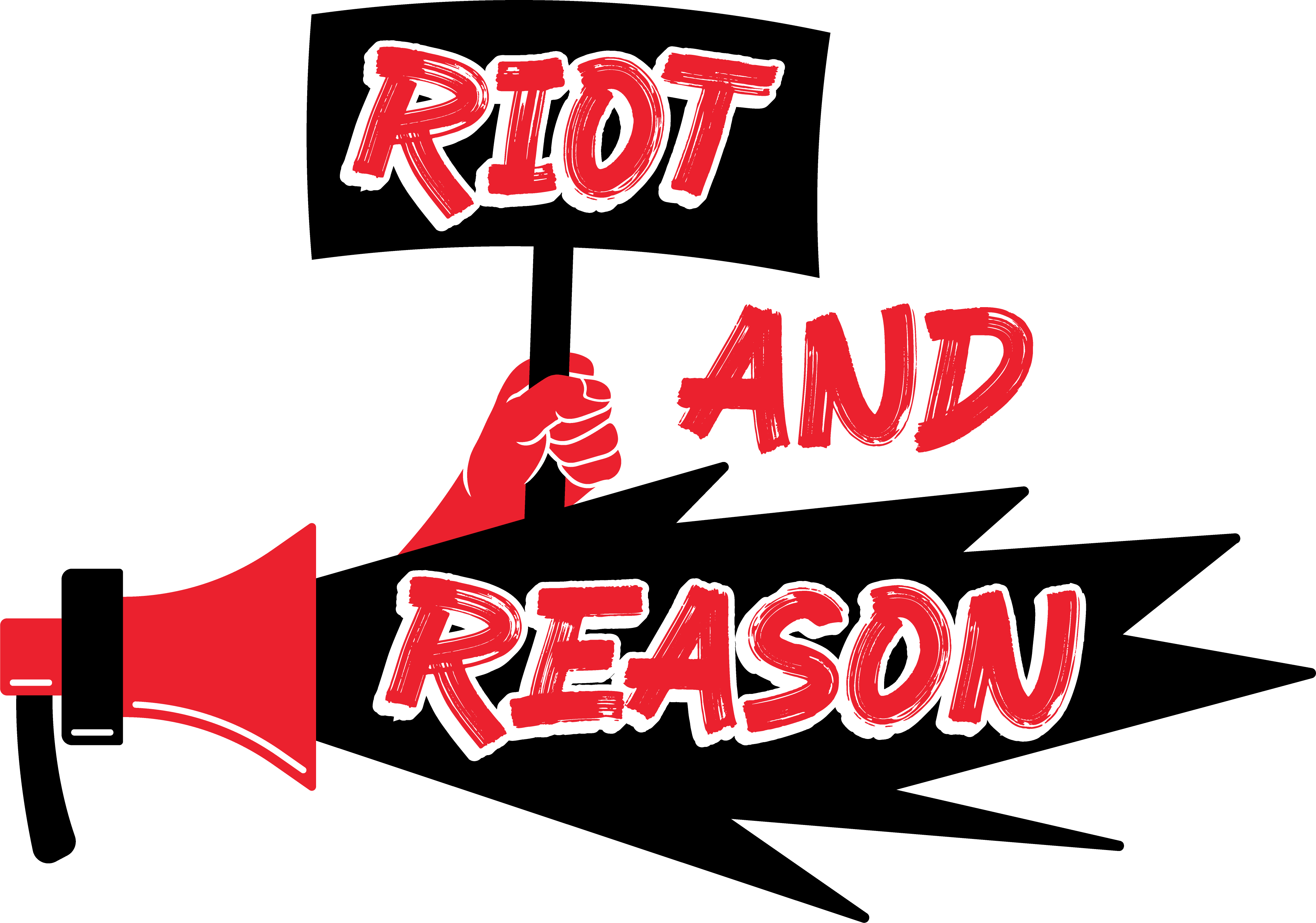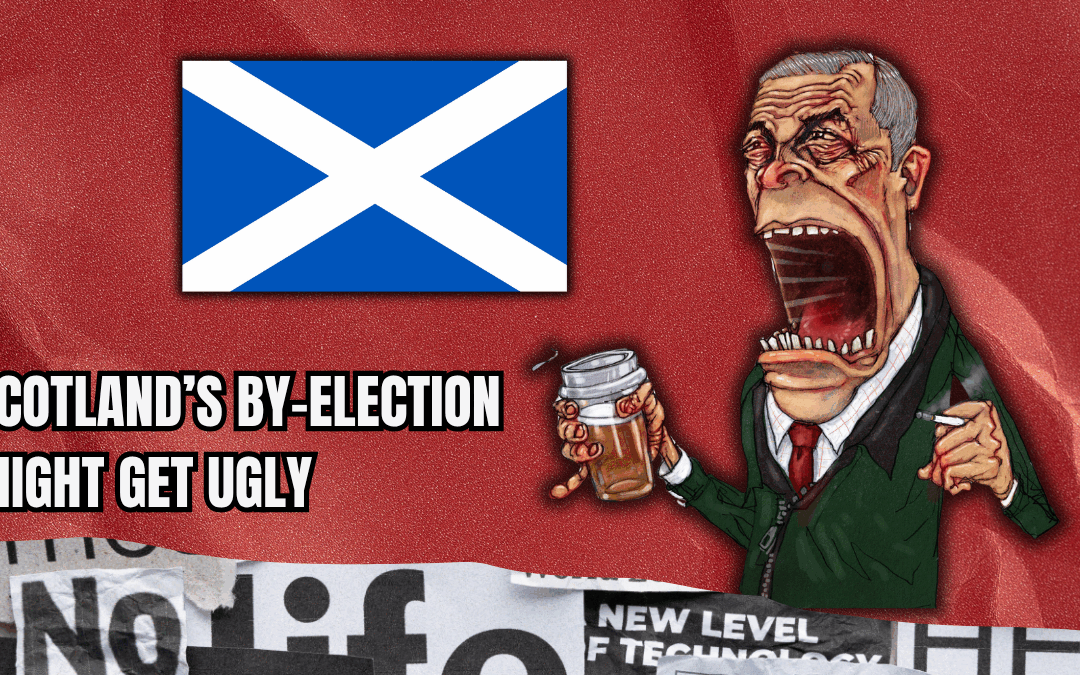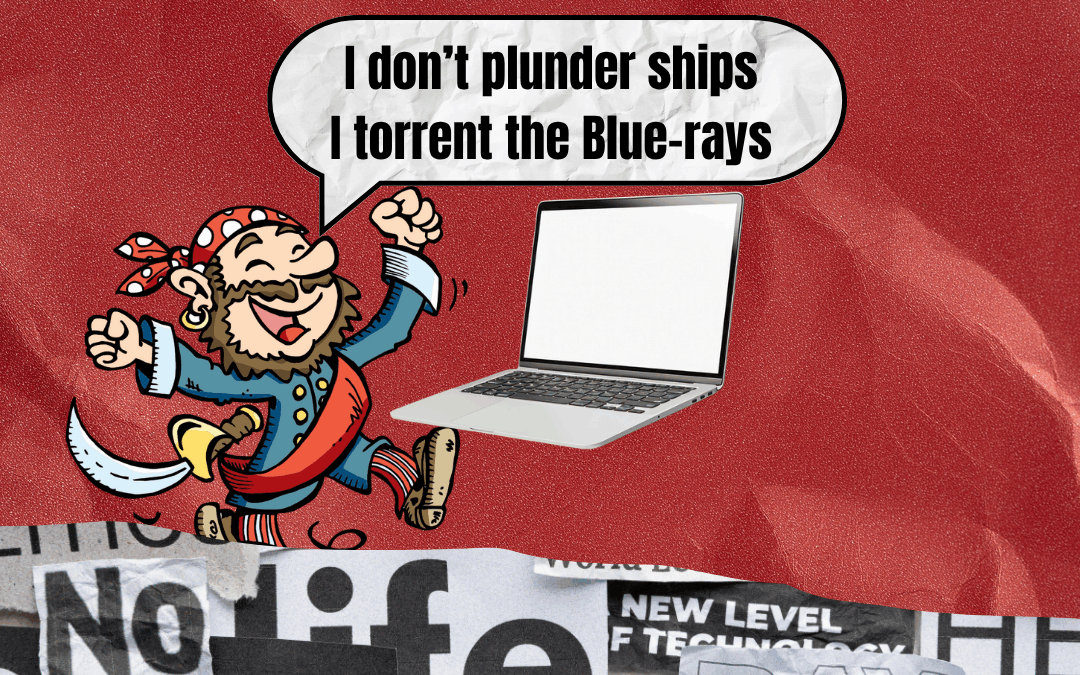
We need to stop pretending. Fixing our inherently unequal education system is never going to be done. But narrowing opportunities and killing creativity in state schools is not helping solve the unbalanced equation given to children. Despite claims from the Tories that this will raise standards, and allow every child to have a ‘rounded education,’ why has this come at the expense of arts subjects? Why has this stigma only been applied to state schools? And why has Starmer’s so-called progressive government done nothing to change this cruel fate?
Going to an unremarkable state school in Michael Gove’s Surrey Heath constituency was strange to say the least. But a school with a focus on arts subjects? A doomed fate for star-cross’d lovers. With teachers refusing to shake his hand, and all of us being warned not to wear our Air Forces for his visits, it didn’t take a PSHE lesson on politics to understand that he was a controversial Education Secretary. But his implementation of the English Baccalaureate was more than controversial. It was classist.
Disguised as progressive policy, the EBacc meant different attitudes on the arts were dramatised. Polly Ives, a leading music education specialist, has had a front row seat of this inequality in her role as the founder and artistic director of Concerteenies, a musical events and activities producer company for children. “It’s really key that we work with schools in less affluent areas to support their cultural engagement through education. Some of the challenges in state schools, especially those in more economically deprived areas, like children being healthy, children’s basic learning skills, basic speech and language and communication, mean that actually those children need a lot more social care,” Polly says. “Music can provide this if staff are confident enough to be creative and develop children’s skills in those ways. But this is more challenging as in a lot of private schools, parents can afford to pay for instrumental teaching, exams or buying instruments. There’s this extra level of musical learning in private schools. It’s an extra layer of engagement. We’ve got to sort out that basic music engagement for everybody. Music is a fundamental right for every child.”
But thanks to Gove’s overhaul of the GCSE system in 2010, students won’t be able to scrape through on an engagement grade. A hierarchy amongst subjects, on top of those across schools and pupils, was created. Used as another comparison in the performance of schools (because a table is definitely the best way to assess, and not tackle, disparities) it meant students would have to pass maths, English, a language, history or geography, and at least two sciences to achieve the qualification. Arts? Irrelevant. Creativity? Unnecessary. Individuality? Doesn’t fit the spreadsheet.
Speaking in 2011, Gove claimed that these subjects ‘give students the opportunity to succeed in every field’. But the field in question must be missing a few acts, and not all of these skills are applicable across the school timetable or all important corporate ladder. “The arts should be part of children’s everyday lives and their entire education. They support their confidence, creative expression, communication, speech and language,” says Polly. “In educational settings, you need to develop children’s whole personal skills. The arts support children’s attitude to learning, achieving, communicating and engaging in anything they do. Through these skills, you can teach a lot of the other subjects. So it should be seen as a really holistic part of our children’s lives. It’s not a separate, standalone subject, but it’s a vehicle for learning.”
Gove didn’t want children to read the lines of their school production. He’d rather they write lines, punishing them for expressing creativity. And the lines he’s done are saved for an assembly on safe choices and peer pressure. He says: “The numbers studying a proper range of rigorous subjects has been in decline. Now that has changed. More young people are now following the courses which the best colleges and top employers value.” So what counts as a ‘rigorous subject’? Which are the ‘best colleges’ and ‘top employers’? Apparently we are still measuring value through competition. But some students will almost always lose, being set up to fail from the start under the performance act of meritocracy.
‘Rigorous subjects’ – and my faith in the education system – are not the only things that have been plummeting. Since the introduction of the Ebacc, the recruitment of music teachers has more than halved, and 42% and 41% of schools don’t enter any pupils for music and drama GCSEs respectively, according to last year’s Cultural and Learning Alliance Report. A true Shakespearean tragedy. So are we keeping disadvantaged children in the rat race? ‘Your dad works for my dad,’ is now starting to sound like ‘you work for me, have no time for creative hobbies, and even if you did, never got taught the skills to do them at my level.’ An optimistic set up for life. Yet the worst crime in education under Starmer’s government appears to be the removal of the tax break on private schools. Because that is true injustice.
If Starmer won’t fix this rigged system, what can be done? Concerteenies is working with the devolved government across South Yorkshire to implement the first region-wide music education plan. “We need a clearer strategy for arts education across the UK,” Polly says. “The bigger picture and more strategic thinking is really important to be able to drive change in the future, and we’re going to do our best to make it happen.”
Attitudes start in the classroom. The government must set these properly. “The first challenge that we are trying to address is a lack of value and understanding of the importance of music in childhood. Until people understand the value of it, they’re less likely to engage or spend money or identify with that,” says Polly. “The government has got to understand and demonstrate the benefit of the arts, and the curriculum needs to reflect this. It’s not an individual subject. It’s a way of communication. It’s a way of life. And for child development, it’s just crucial.”







